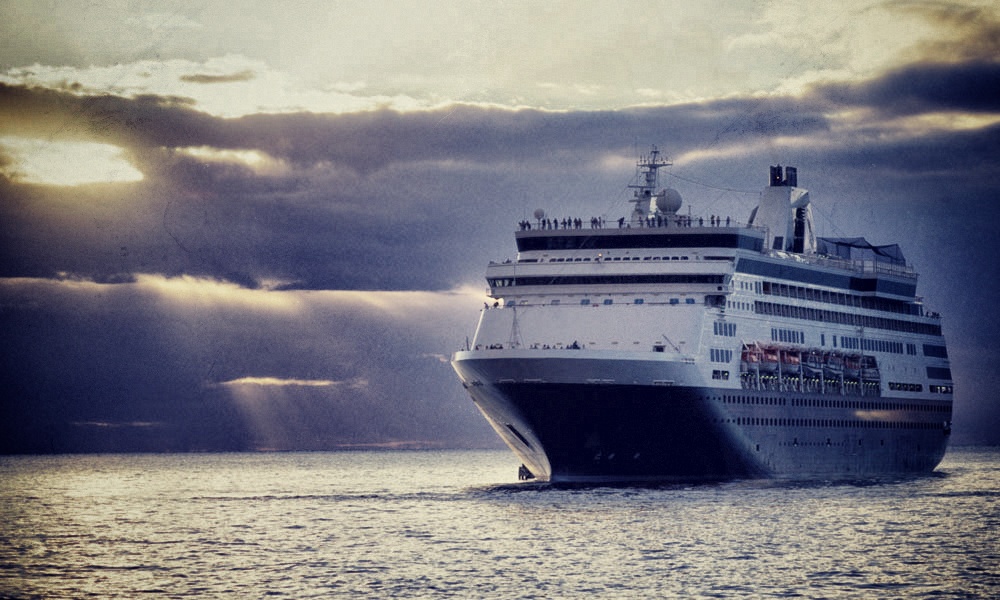
After Gulf Cruise Disaster, Industry Group Joins Investigation
A cruise industry association is looking into last month's widely publicized Carnival Cruise incident, as it continues to press its message that cruising is a safe way to see the world. When bad publicity hits, how can you help your own industry bounce back?
In February, a Carnival cruise ship with 4,000 passengers was set adrift in the Gulf of Mexico when its engine room caught fire.
The Cruise Line International Association (CLIA) is working with Carnival Cruises to find what caused the ship to shut down and to minimize damage to the cruise industry’s image. The association represents 58 cruise lines worldwide.
Here’s why the cruise group is getting involved:
What happened: As the Carnival Triumph made its way back to a Texas port, a fuel return line began to leak, causing a fire that damaged both of the ship’s engine rooms. Even though the diesel generator ran emergency services, it wasn’t able to power what company President and CEO Gerry Cahill calls “hotel services.” More than 4,000 passengers and crew had to remain on board the stranded ship for five days, sleeping on the deck with no electricity or toilets. Many passengers reported “horrendous conditions” during those days
The aftermath: The incident was highly publicized across media channels and provided a fresh reminder of the grounding of the Costa Concordia off the coast of Italy last year, which killed 32 passengers. These occurrences have raised questions about cruise ship safety in an industry that the World Travel and Tourism Council reports is worth $36 billon worldwide. Cruise bookings in Italy plummeted after the Costa Concordia wreck, according to Reuters.
The investigation: Carnival Corp. has put together teams of fire safety experts, naval architects, and electrical and mechanical engineers to conduct the investigation into the Triumph incident. “We’ve started a comprehensive review of our entire fleet,” Cahill said during the annual Cruise Shipping Miami conference. Cahill also said the company’s highest priority has been to approach the investigation as an opportunity for “learnings and potential changes.”
Carnival is cooperating with an ongoing investigation by the U.S. Coast Guard, the National Transportation Safety Board, and the Bahamian government (the Triumph had just left the Bahamas when the fire broke out). CLIA is reviewing the incident as well.
“The recent Triumph incident affects all of us,” Christine Duffy, president and chief executive of CLIA, told Reuters. “Even though such incidents are rare, we don’t underestimate their impact.”






Comments